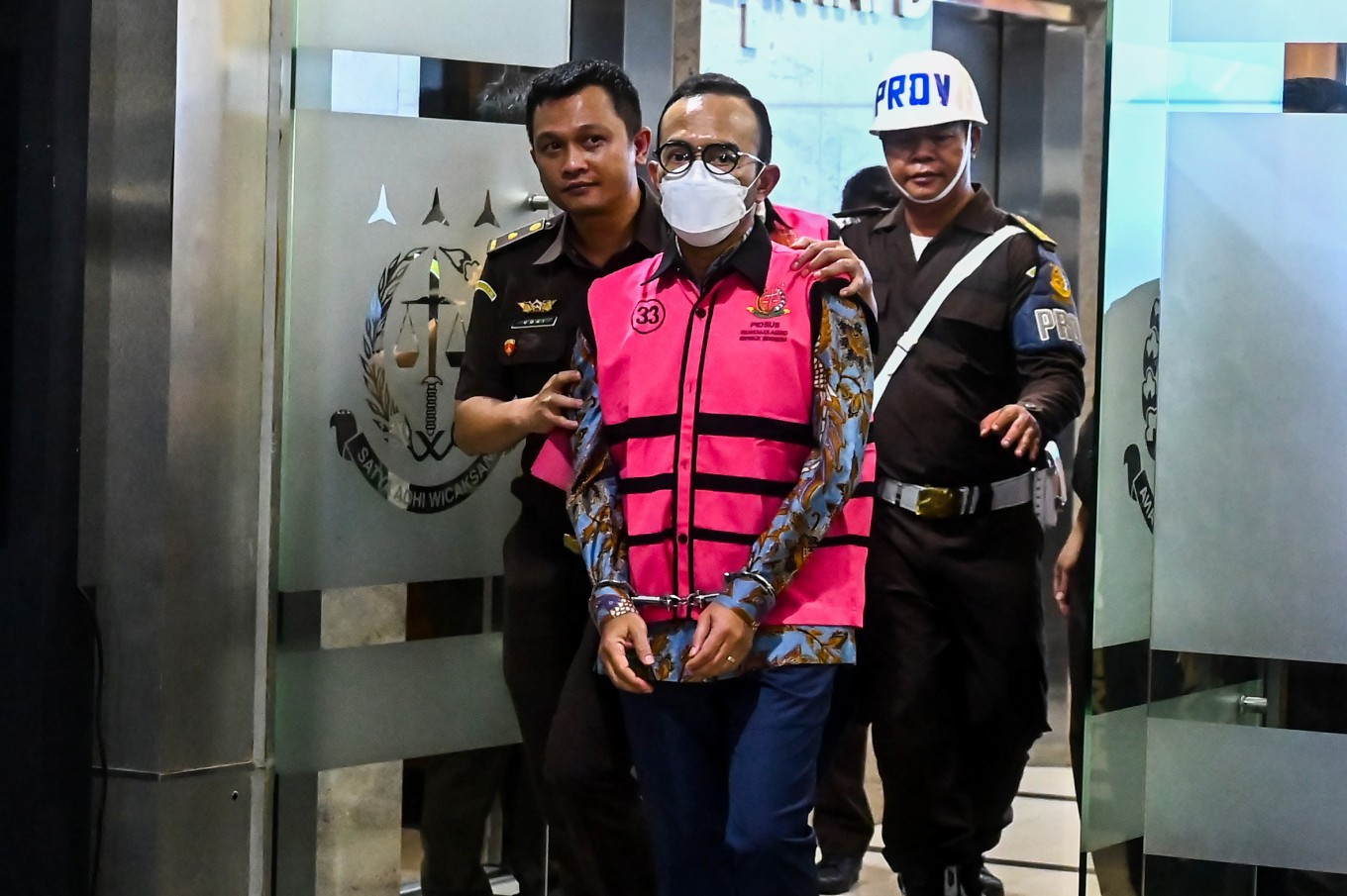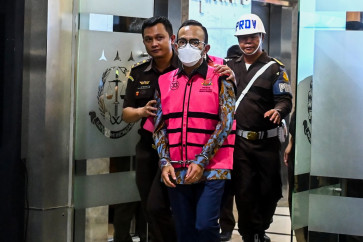Popular Reads
Top Results
Can't find what you're looking for?
View all search resultsPopular Reads
Top Results
Can't find what you're looking for?
View all search resultsWhy Indonesia urgently needs an asset forfeiture law
According to Law Minister Suparman Agtas, a politician from Prabowo’s Gerindra Party, there is little point in the government proposing legislation if it fails to ensure its completion
Change text size
Gift Premium Articles
to Anyone
T
he journey of the asset forfeiture bill has been a long and frustrating one. In 2014, the Financial Transaction Reports and Analysis Center (PPATK) submitted the initial draft to the State Secretariat. Since then, despite repeated promises from both the government and the House of Representatives to prioritize its deliberation, the bill has languished with no significant progress.
This delay is concerning, as the seizure of assets derived from criminal activities, particularly corruption, is a matter of global urgency. International consensus on this issue led to the adoption of United Nations General Assembly Resolution 55/61 in December 2000. This resolution was foundational, establishing an ad hoc commission to forge an effective international legal instrument against corruption and calling upon the secretary-general to convene experts to draft it.
Subsequent resolutions in 2001 (56/186 and 57/244) further addressed the prevention of corrupt practices, the transfer of illicit funds and the repatriation of those funds. This momentum culminated in the UN Convention Against Corruption (UNCAC), which was finalized in Mérida, Mexico, agreed upon on Dec. 18, 2003, and entered into force on Sept. 14, 2003.
Indonesia ratified the UNCAC through Law No. 7/2006. However, nearly two decades later, the nation has yet to fully implement at least four crucial aspects of the convention: The criminalization of illicit enrichment (Article 20); bribery in the private sector (Article 21); trading in influence (Article 18); and non-conviction-based asset forfeiture, the seizure of corrupt assets without a criminal conviction (Article 54, paragraph 1).
Article 53 of the convention establishes the return of stolen assets as a fundamental principle. For Indonesia, this principle is doubly important, aligning with the pressing domestic need for funds to support government programs, especially amid challenging global economic conditions.
Furthermore, Article 54 outlines specific scenarios for asset seizure that signatory countries must legislate. This includes the crucial provision for seizing assets even when a perpetrator cannot be prosecuted due to death, flight or other significant obstacles.
Law Minister Suparman Agtas said President Prabowo Subianto has discussed the asset forfeiture bill with the chairpersons of the political parties in the ruling coalition.



















